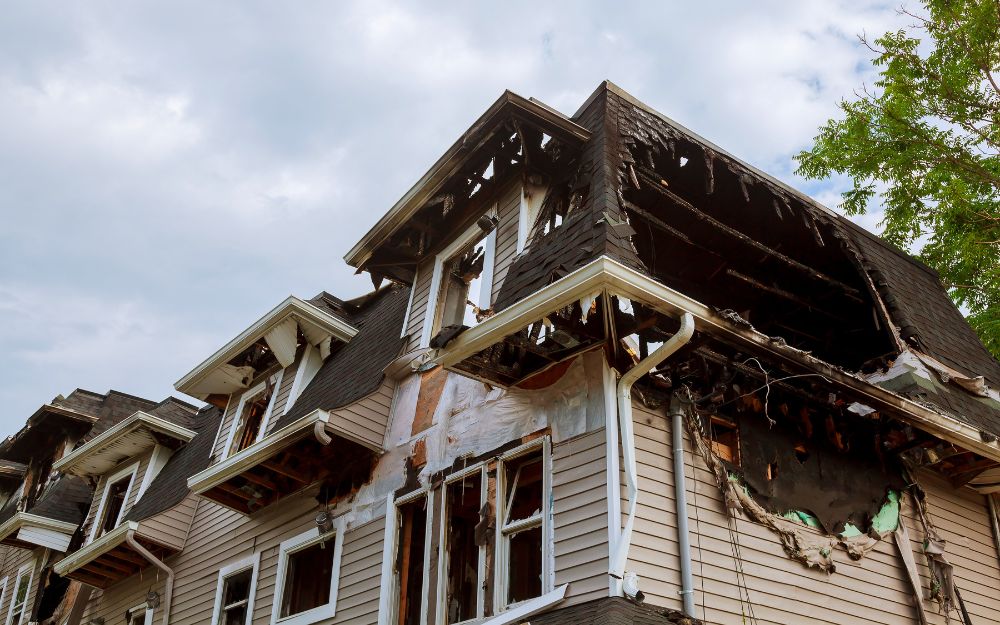In a condo, building insurance is a major issue for protecting both the property and…

What should you think about when buying an ancestral home?
Buying a new house is not the same as buying an existing one, and the older the house, the more there is to consider. You won’t be surprised, then, to learn that buying an ancestral home presents specific challenges and considerations because of its age, of course, but also because of its heritage character. Read our article to see what you need to think about when buying an ancestral home.
Considering buying an ancestral home?
Our home inspectors help you make the
most out of your real estate transaction!
Given its great age, it is essential for anyone wishing to purchase an ancestral home to have a professional pre-purchase inspection carried out. What’s more, it’s important to ensure that the home inspector has the skills and experience needed to evaluate older homes. He or she must also have the knowledge required to identify and assess older elements such as cast-iron plumbing, outdated electrical wiring, stone and rubble foundations and so on. In fact, we have an article on the subject (click here).
But to make an informed purchase when it comes to an ancestral home, you need more than a professional pre-purchase inspection, because there are elements to consider that go beyond the limits of a building condition inspection.
Homes of yesteryear were not built the way they are today. Building codes, materials and methods have evolved immeasurably. So you can’t expect an ancestral home to meet today’s requirements, on several levels. In some cases, the materials used then are no longer used today. You can therefore expect these materials to offer much lower energy yields than their modern counterparts. So, even before you buy, it’s a good idea to plan a budget for improving the insulation, airtightness and energy efficiency of your systems, in order to reduce energy costs.
Similarly, ancestral homes require more maintenance to preserve their integrity and historic character. Make sure you’re familiar with the materials and techniques used when the house was built. This can help you understand the restoration and maintenance needs specific to your home.
But before undertaking any work, check whether the ancestral home is considered heritage by the relevant authorities. Heritage homes may be subject to specific regulations concerning their maintenance and restoration, in order to preserve their unique historic character.
Unfortunately, such concern for preservation sometimes comes with a price tag, and renovations to heritage homes can often prove costly. The good news is that grant programs and tax credits are available to encourage architectural preservation, restoration and maintenance of heritage homes.
So, if an ancestral home catches your eye, before you get ahead of yourself, remember that owning such a building may require a greater financial commitment than a more recent home. And if it turns out to have a heritage character, the commitment to preserving its history and uniqueness will be all the greater.
In all cases, be sure to make an informed transaction thanks to our pre-purchase inspection service specifically developed for ancestral homes.
Considering buying an ancestral home?
Our home inspectors help you make the
most out of your real estate transaction!


